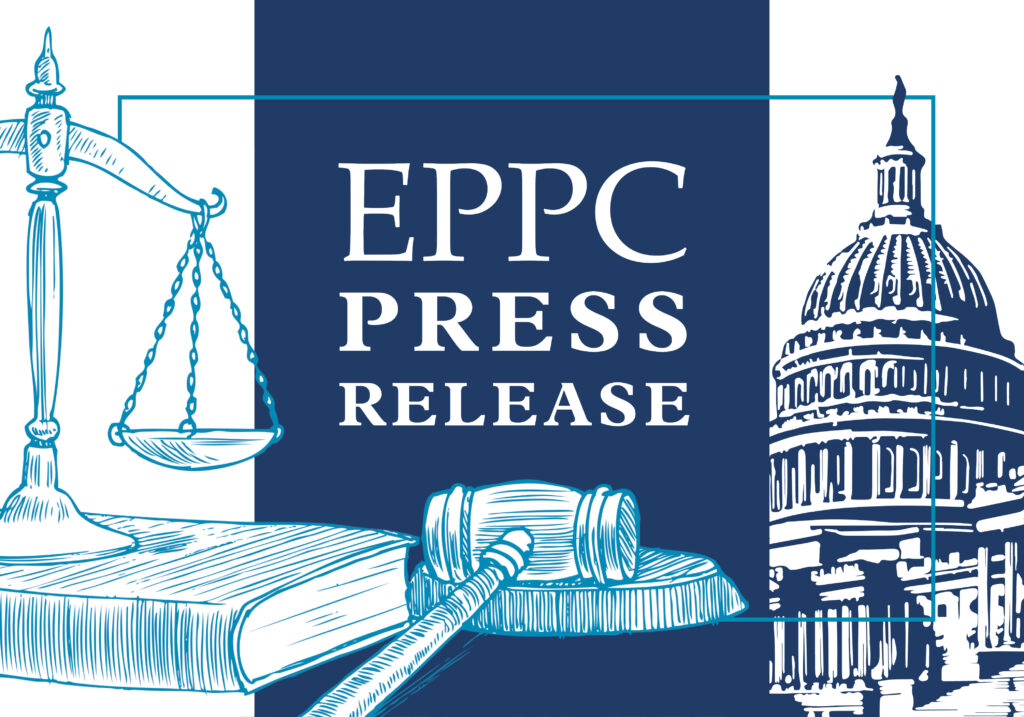
July 10, 2023
On July 3 and July 6, EPPC filed amicus brief in two cases from the Ninth Circuit Court of Appeals, each ruling in favor of major institutions in the abortion industry and against the Center for Medical Progress (“CMP”). Both cases relate to CMP’s undercover journalism, which documents Planned Parenthood complicity in selling body parts of aborted babies. Both cases were decided after the Supreme Court’s landmark decision in Dobbs, which overturned Roe v. Wade and clarified that there is no federal constitutional right to abortion.
As EPPC notes in both amicus briefs, one of the reasons the Supreme Court gave in Dobbs for overturning Roe was that abortion has distorted many areas of the law. The Court lamented that its “abortion cases have diluted the strict standard for facial constitutional challenges,” “ignored the Court’s third-party standing doctrine,” “disregarded standard res judicata principles,” and “flouted the ordinary rules on the severability of unconstitutional provisions, as well as the rule that statutes should be read where possible to avoid unconstitutionality.”
Most relevant here, the Court noted that Roe and Casey had also “distorted First Amendment doctrines.” As Justice Scalia had observed, courts had given “abortion-rights advocates a pass when it comes to suppressing the free-speech rights of their opponents,” creating “an entirely separate, abridged edition of the First Amendment applicable to speech against abortion.”
Though the Supreme Court condemned this “abortion distortion” in Dobbs, EPPC’s briefs argue that these two Ninth Circuit cases show that the Supreme Court needs to do more to end this practice.
***
The first case, Center for Medical Progress v. Planned Parenthood Federation of America, challenges a district court judgment granting Planned Parenthood $2 million in damages and $14 million in attorney’s fees because the court found that Planned Parenthood had incurred costs as a results of CMP’s reporting.
EPPC’s brief shows that in non-abortion contexts, the very same court has recognized that under longstanding Supreme Court precedent a party cannot sue for damages “caused by the publication” of an undercover investigation unless it proves that the information published was false. In this case, Planned Parenthood never claimed—let alone proved—that what CMP had published was false.
The brief argues:
This abortion distortion “is back at full throttle” in this case. This Court has made clear that First Amendment protections apply fully when a plaintiff seeks to recover civil damages arising from a defendant’s protected speech. But the Ninth Circuit declined to afford petitioners that protection here, even though it has done so before when faced with materially identical facts outside the abortion context. This is quintessential abortion distortion.
The brief urges the Supreme Court to overturn the $16 million award against CMP and condemn the judicial malpractice of abortion distortion.
***
The second case, Center for Medical Progress v. National Abortion Federation, challenges a lower-court injunction blocking CMP from releasing video and audio recordings it made while investigating the sale of fetal tissue procured from abortions. The Ninth Circuit found that CMP had waived its First Amendment rights when it signed standard forms to attend NAF conferences.
EPPC’s brief shows that in non-abortion contexts the Ninth Circuit has held that courts must “indulge every reasonable presumption against waiver of fundamental constitutional rights” and that plaintiffs like the National Abortion Federation must prove that waiver was “freely given” “by clear and compelling evidence.” The brief contends that the Ninth Circuit’s failure to use the same high standard here is another example of post-Dobbs “abortion distortion”:
The brief argues:
Given the Ninth Circuit’s inconsistent application of the standard rules for prior restraints and waivers of First Amendment rights in abortion and non-abortion contexts, this case presents an ideal vehicle for this Court to clarify that abortion-related cases are not entitled to special treatment and put an end to the “ad hoc nullification machine” that has operated in so many cases since Roe…. [T]his case would allow the Court to make explicit what was implicit in Dobbs: courts are no longer to “engineer exceptions to longstanding background rules” to benefit abortion-rights litigants.
The brief calls on the Court to hear this case to end “abortion distortion” and to vindicate CMP’s First Amendment rights.
EPPC thanks Daniel N. Nightingale of the law firm of Wheeler Trigg O’Donnell LLP for his excellent and generous work on these amicus briefs.












